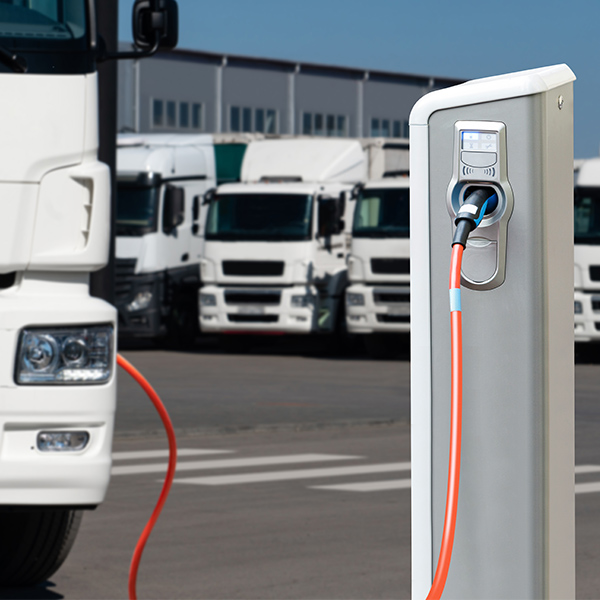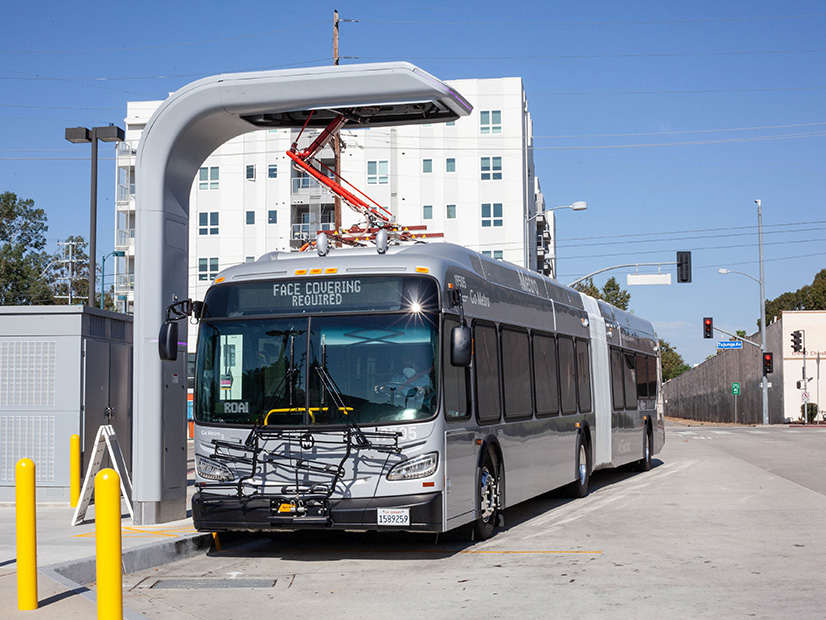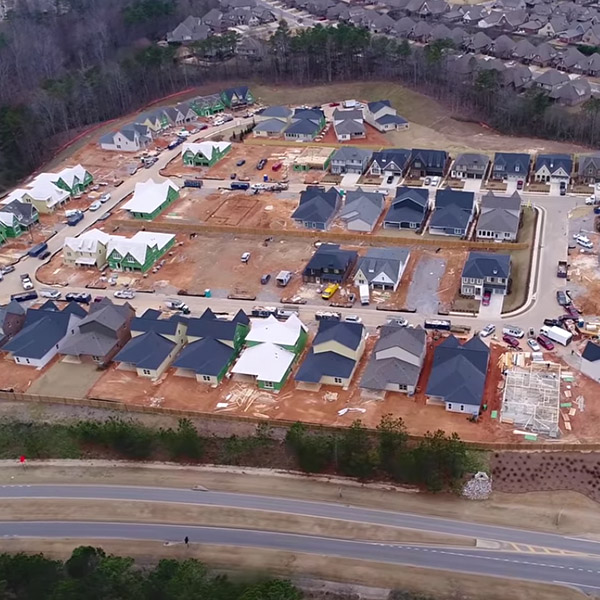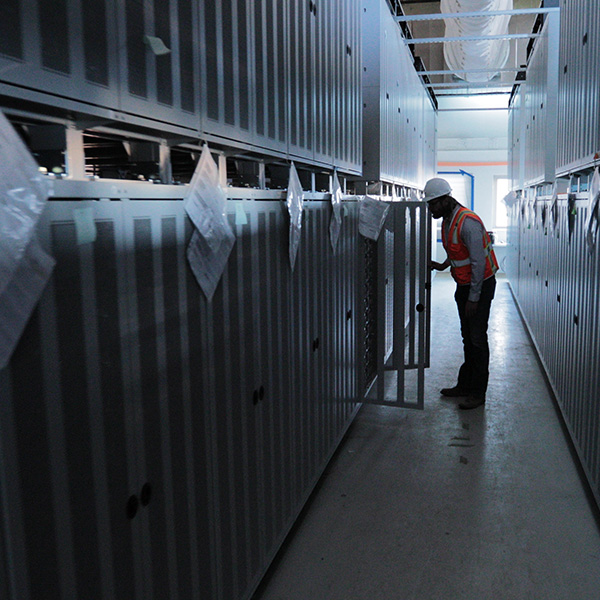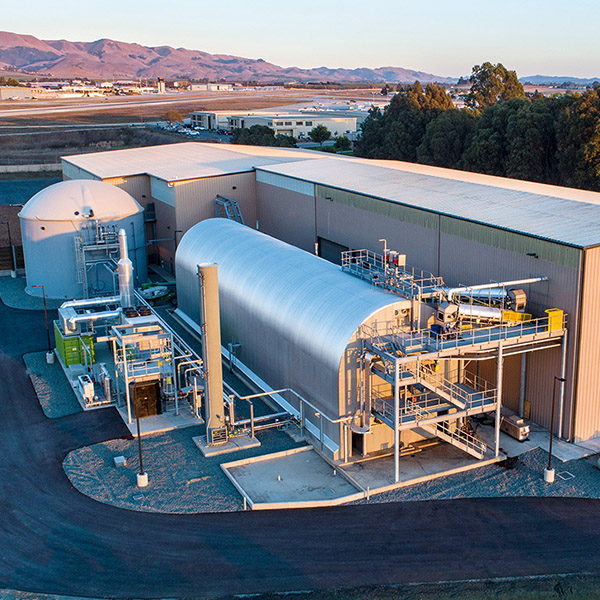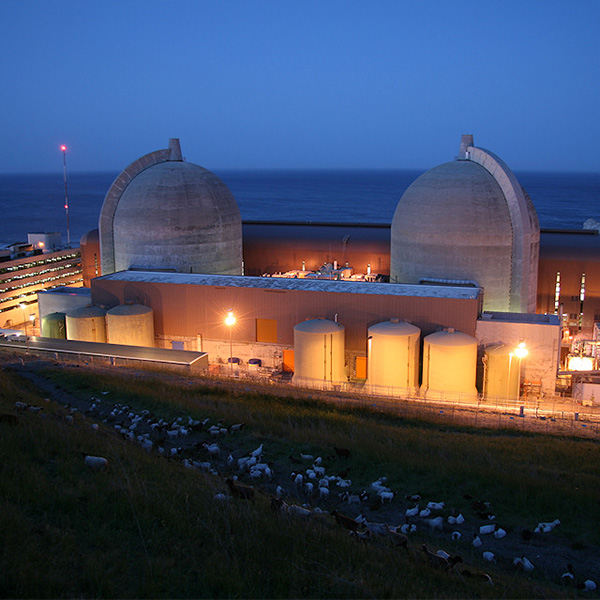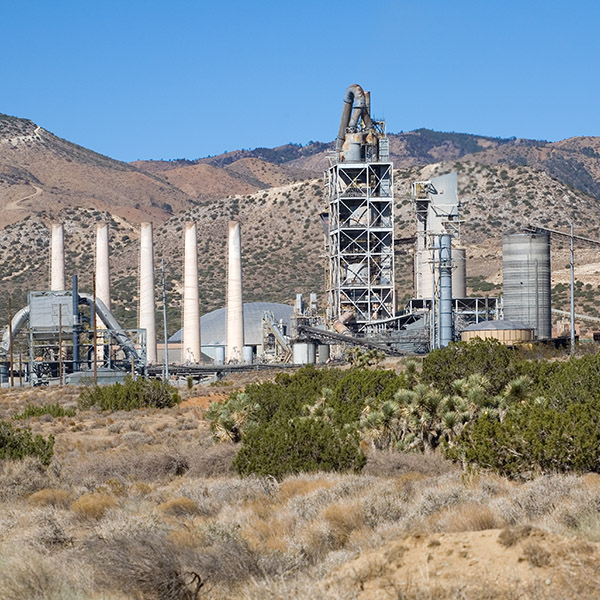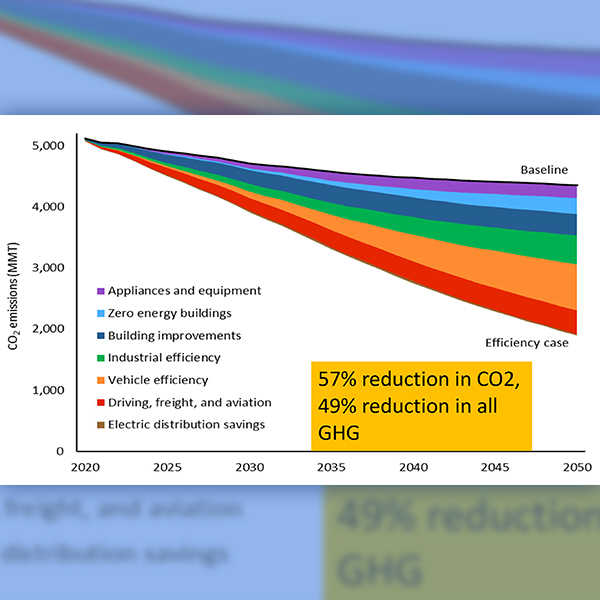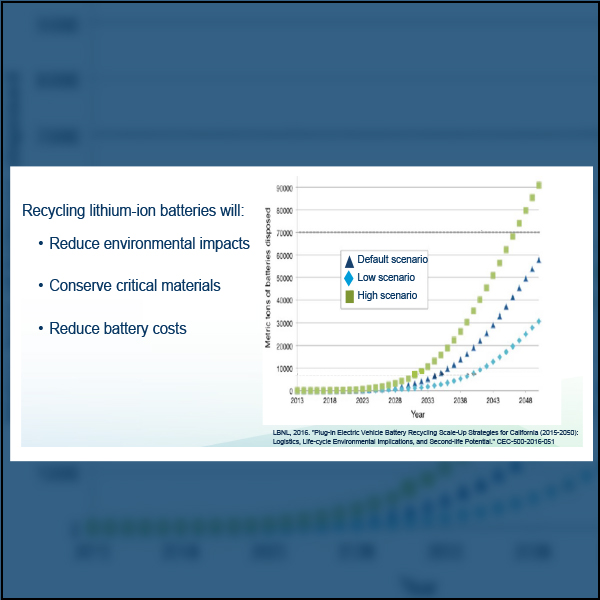California Energy Commission (CEC)
The California Energy Commission approved a $1.4 billion spending plan for zero-emission vehicles and re-upped funding for clean-energy projects.
The California Energy Commission granted nearly $24 million to foster zero-emission transit buses, school buses and medium- and heavy-duty trucks.
A California Energy Commission workshop explored ways that grid-interactive efficient buildings can contribute to carbon reduction goals.
The California Energy Commission updated its midterm reliability analysis for 2022-2026, concluding California has enough capacity without adding fossil fuels.
California wants to divert more waste from landfills to produce renewable natural gas and to reduce wildfire hazards.
The CEC predicted a massive rollout of storage resources through 2026 that should negate the need for more gas generation, absent problems.
The California Energy Commission is looking more closely at decarbonizing building materials, especially cement, the making of which produces carbon dioxide.
Energy efficiency plays a crucial role in decarbonization because it can reduce costs as demand for electricity grows, panelists said in a CEC workshop.
The California Energy Commission decided to issue emergency licenses for gas generators of 10 MW or more as the state faces up to a 3,500 MW shortfall.
The California Energy Commission is funding battery recycling efforts to deal with the anticipated need to dispose of 60,000 metric tons by 2048.
Want more? Advanced Search
